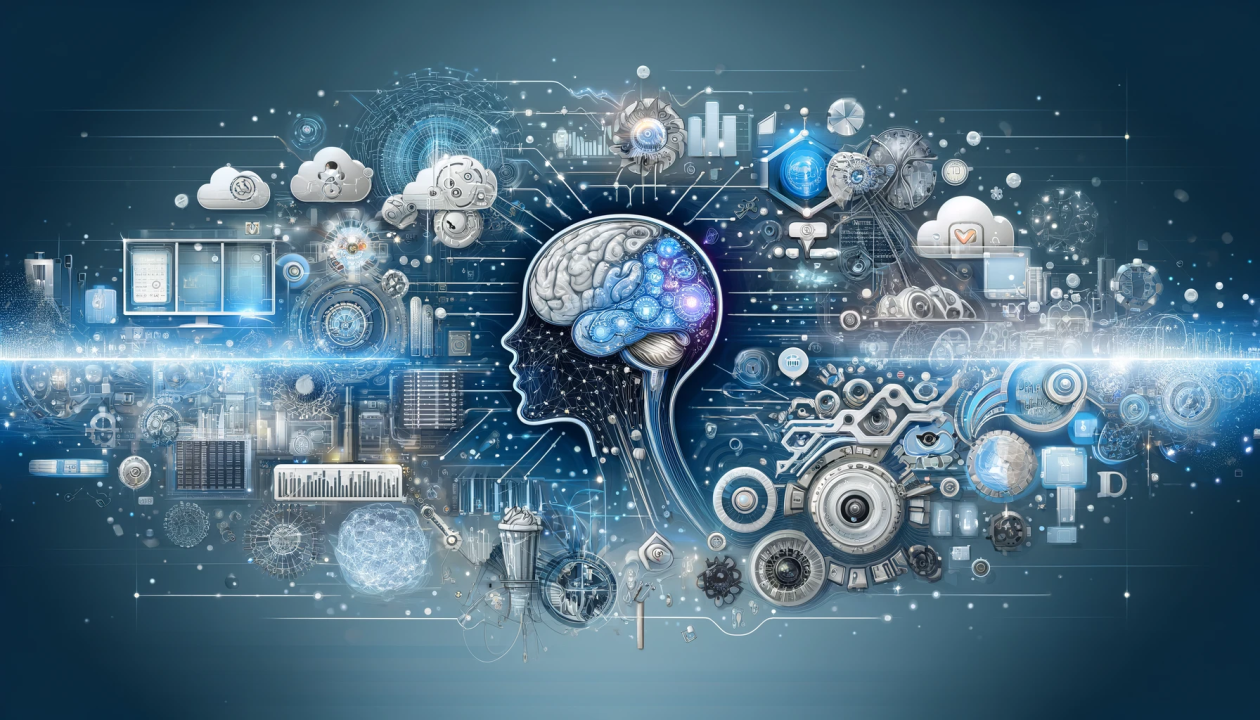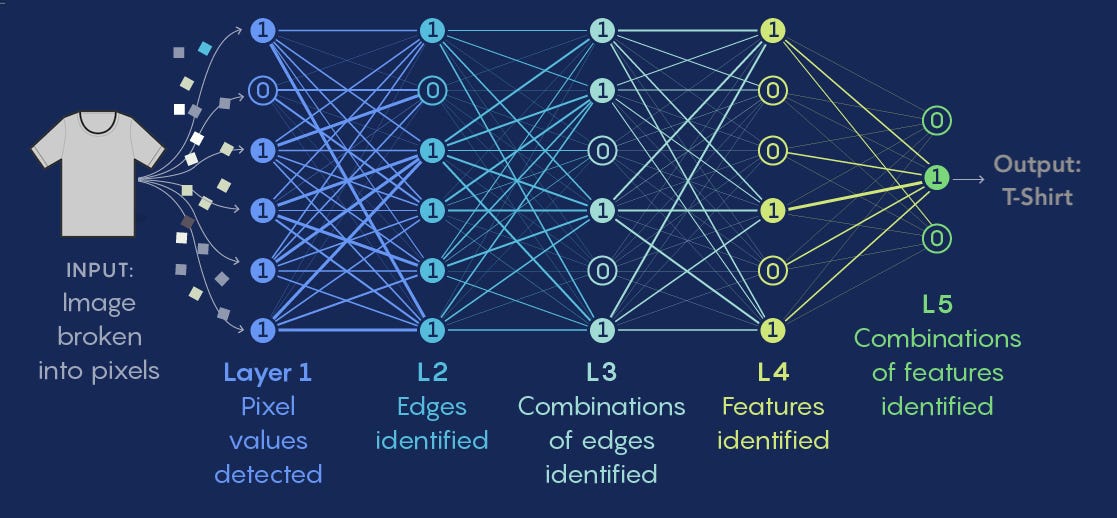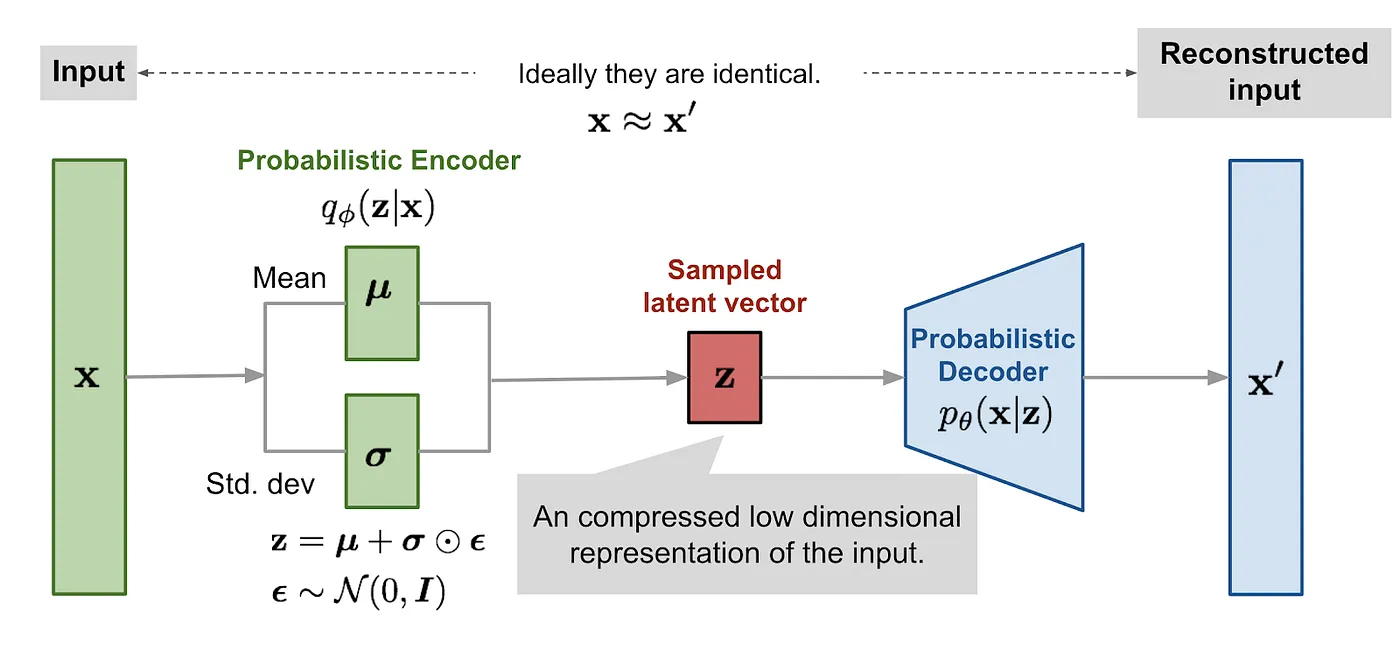The Power of Generative AI
Introduction to Generative AI
Generative AI is a subset of artificial intelligence that can create new content, from images and music to text and even entire virtual worlds...

How Generative AI Works
Generative AI models learn the patterns and structures of input data to produce new, similar data...
1. Generative Adversarial Networks (GANs)
GANs consist of two neural networks: the Generator, which creates new data, and the Discriminator, which evaluates the authenticity of the generated data...

2. Variational Autoencoders (VAEs)
VAEs work by encoding input data into a latent space and then decoding it back into a new output...

3. Transformers and GPT Models
Transformers, like GPT, are used primarily for text generation. They predict the next word in a sentence by considering the context of all previous words...

Applications of Generative AI
1. Art and Creativity
Artists and musicians are using generative AI to push the boundaries of creativity...
2. Text Generation
Generative AI models like GPT are being used to automate content creation, from writing articles and stories to summarizing documents...
3. Image and Video Synthesis
Generative AI can enhance images, create deepfakes, or produce entirely new videos...
Ethical Considerations
1. Bias and Fairness
Generative AI models can inadvertently learn and propagate biases present in training data...
2. Deepfakes and Misinformation
The rise of deepfakes poses risks to privacy, security, and the spread of misinformation...
The Future of Generative AI
1. Advancements in Technology
We can expect generative AI to become even more integrated into everyday life...
Conclusion
Generative AI is a powerful tool that’s reshaping how we create, communicate, and solve problems...